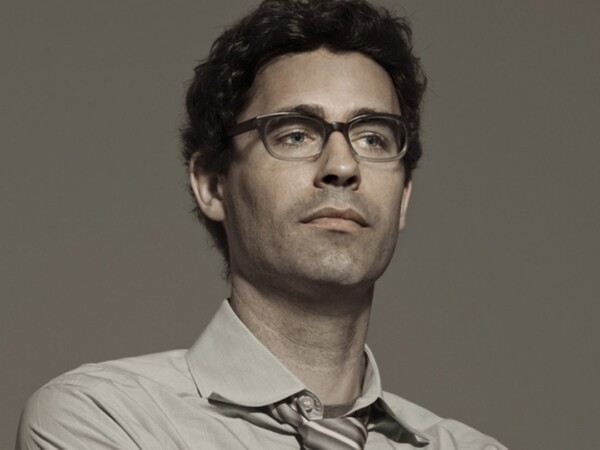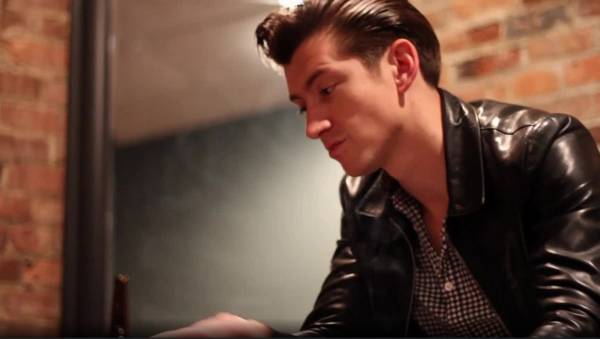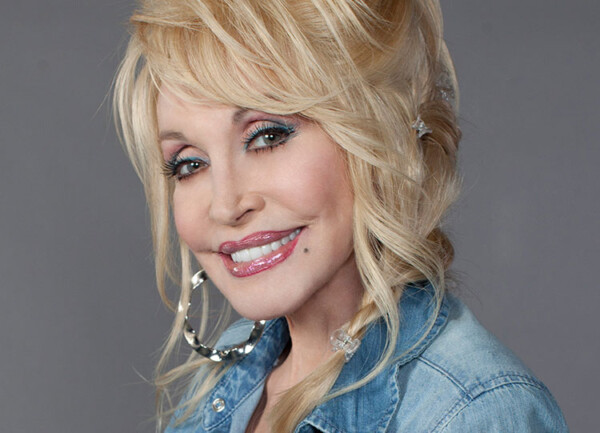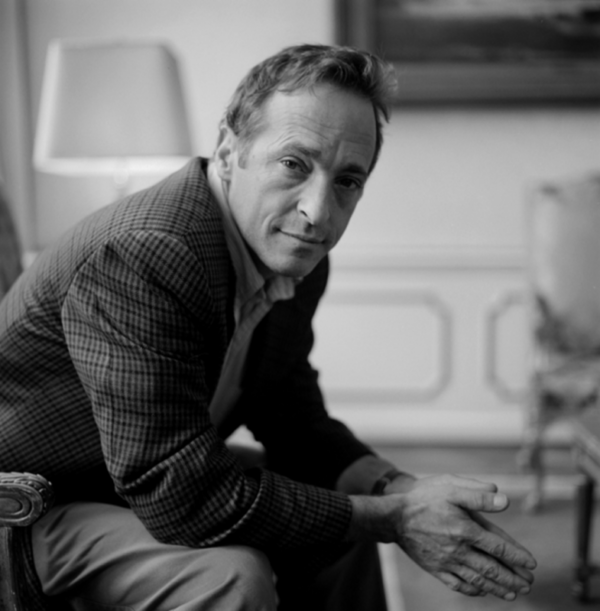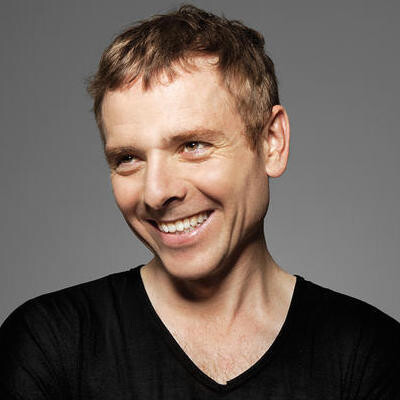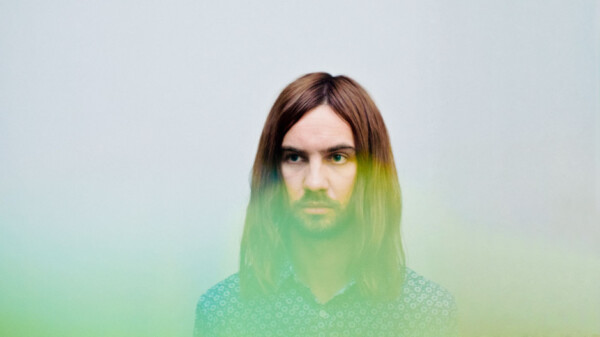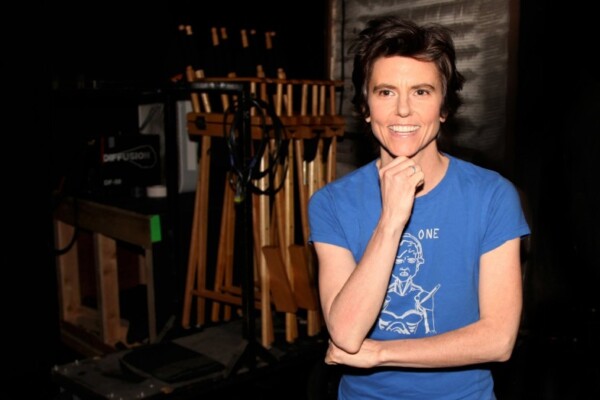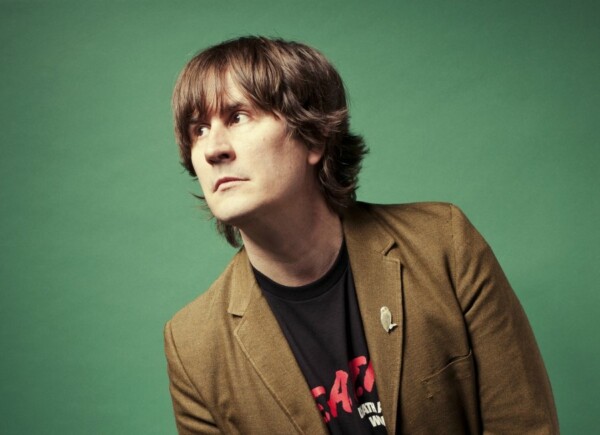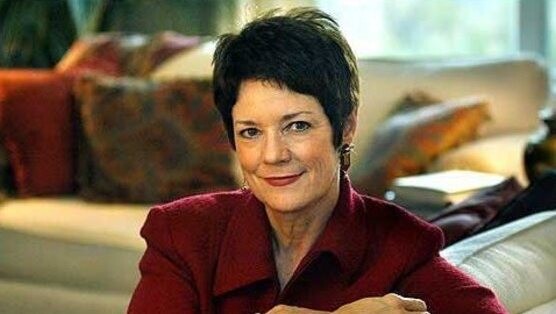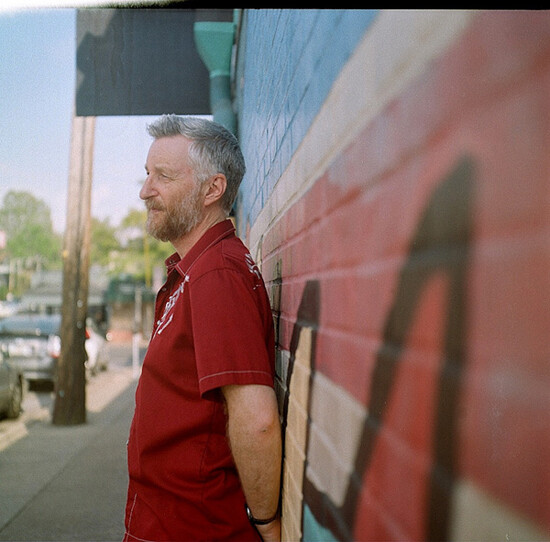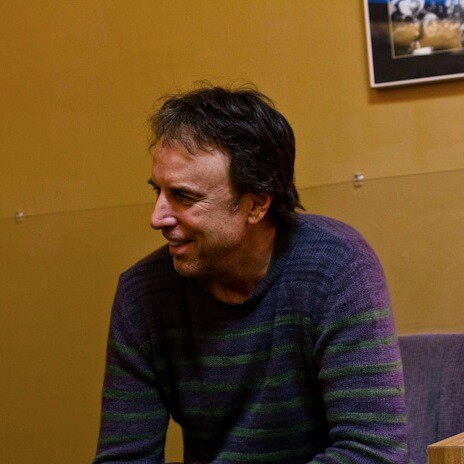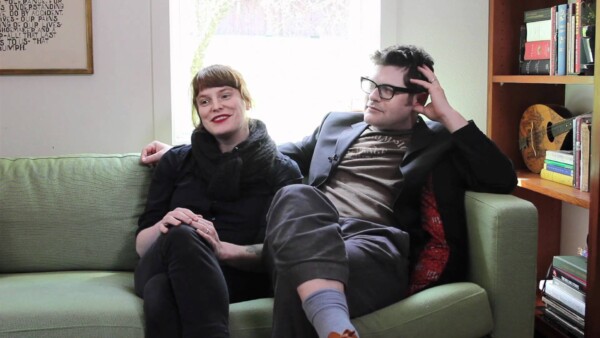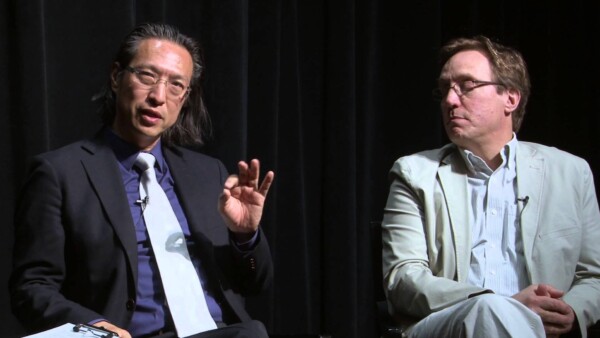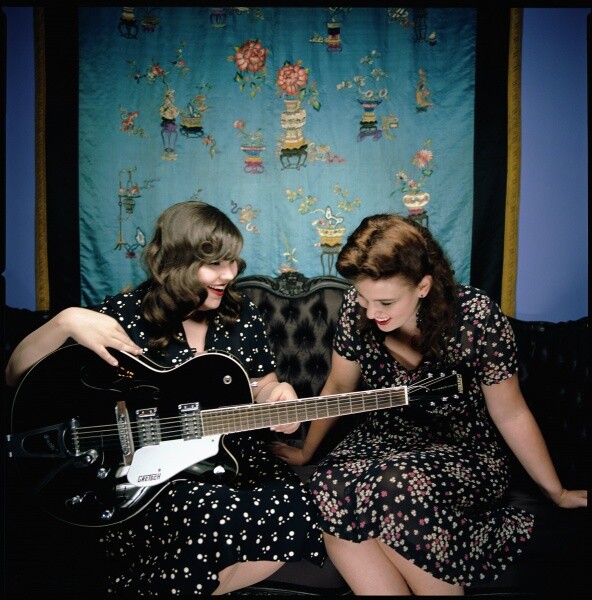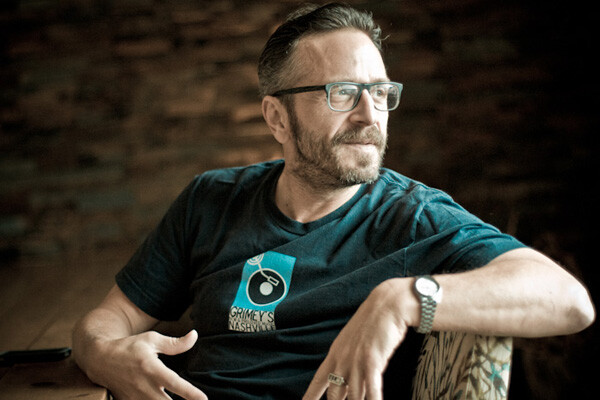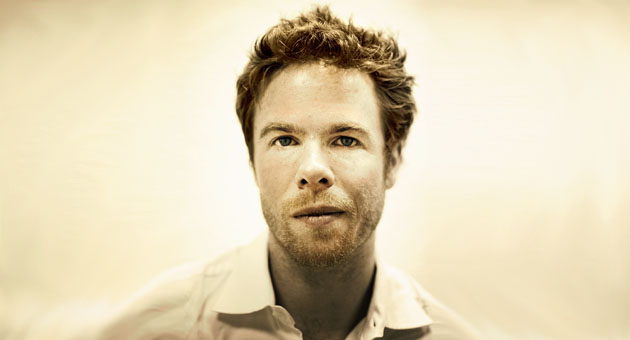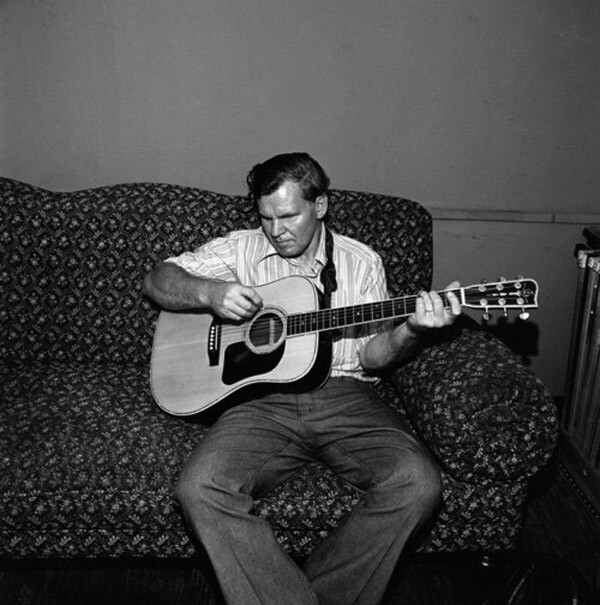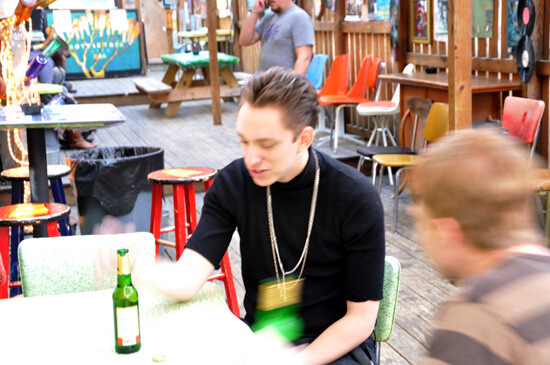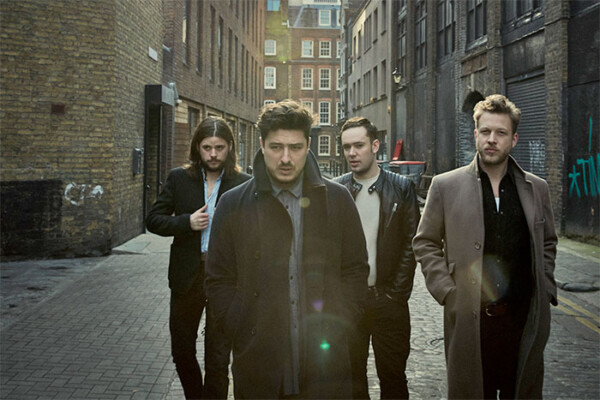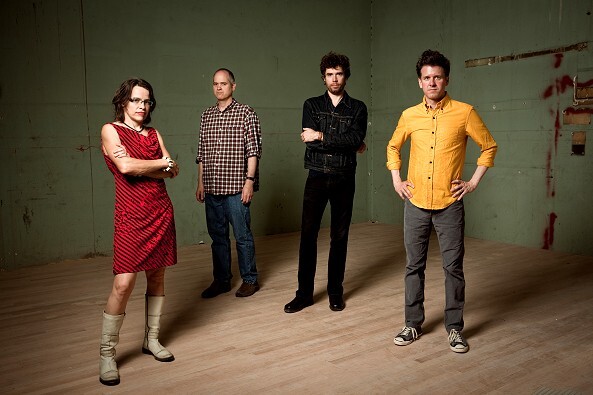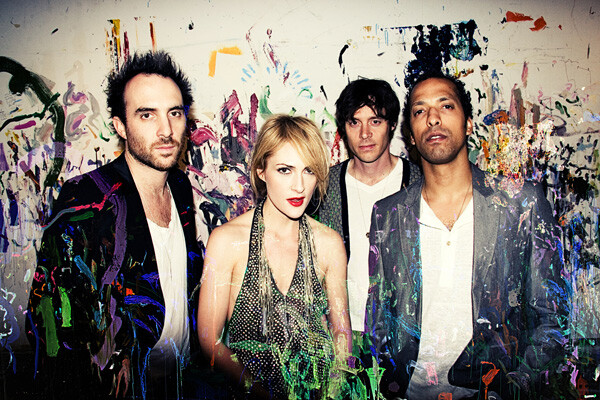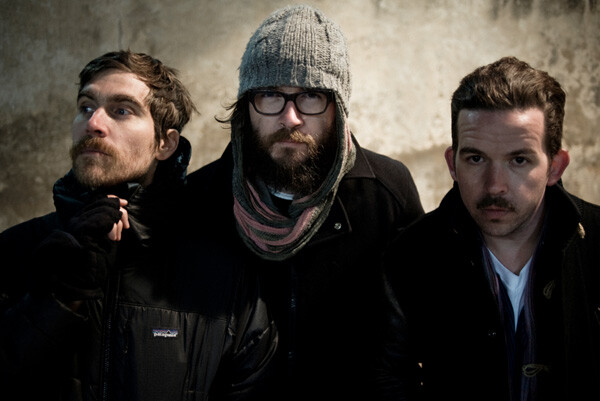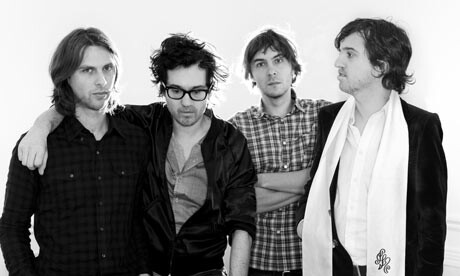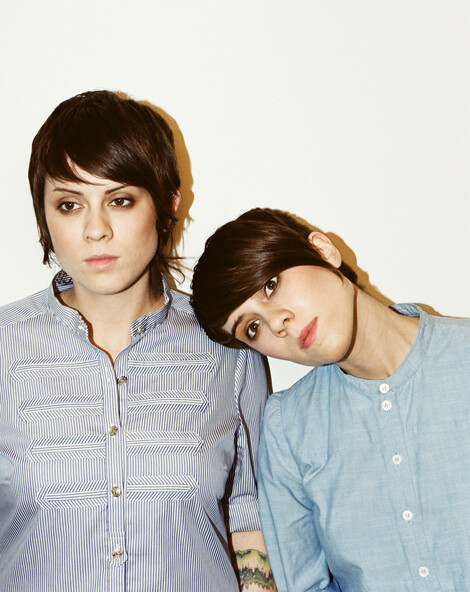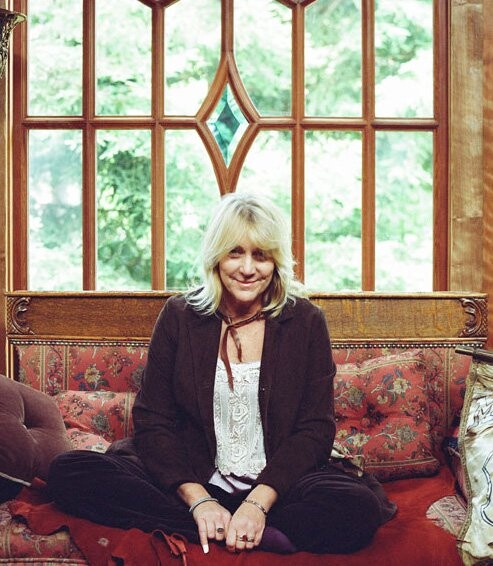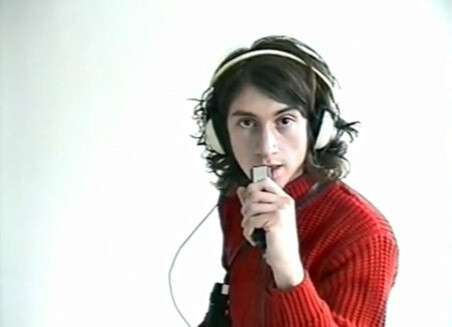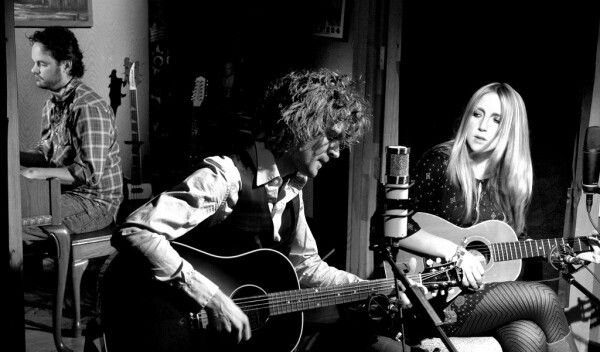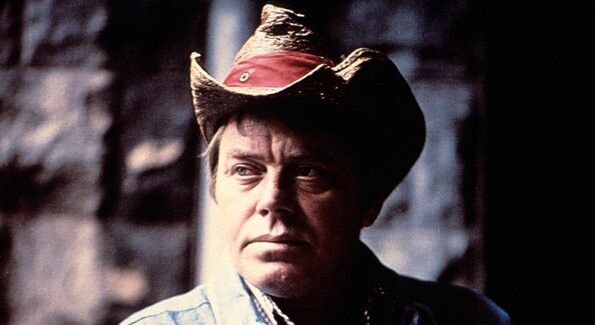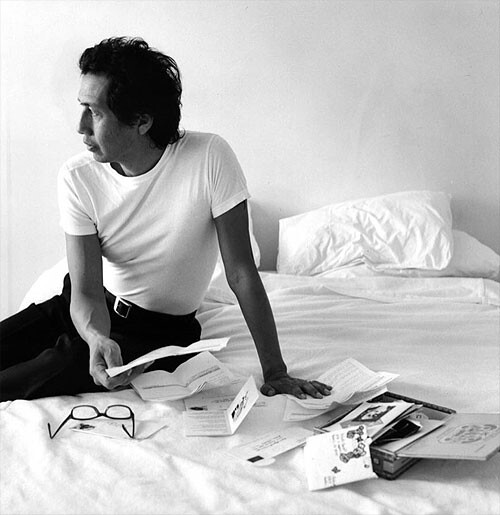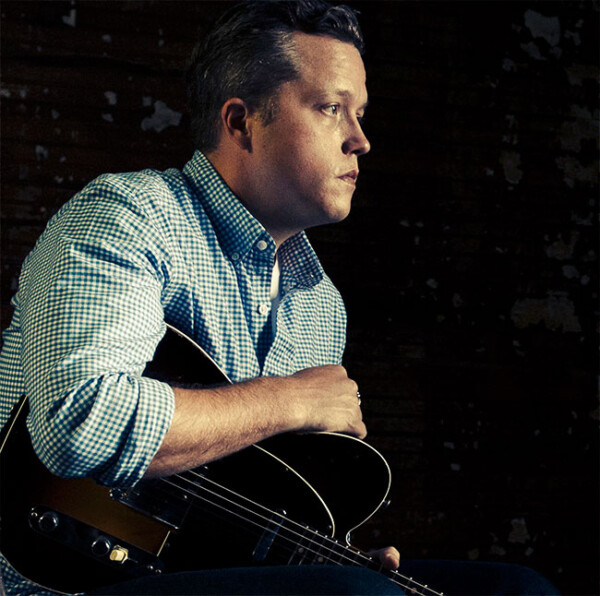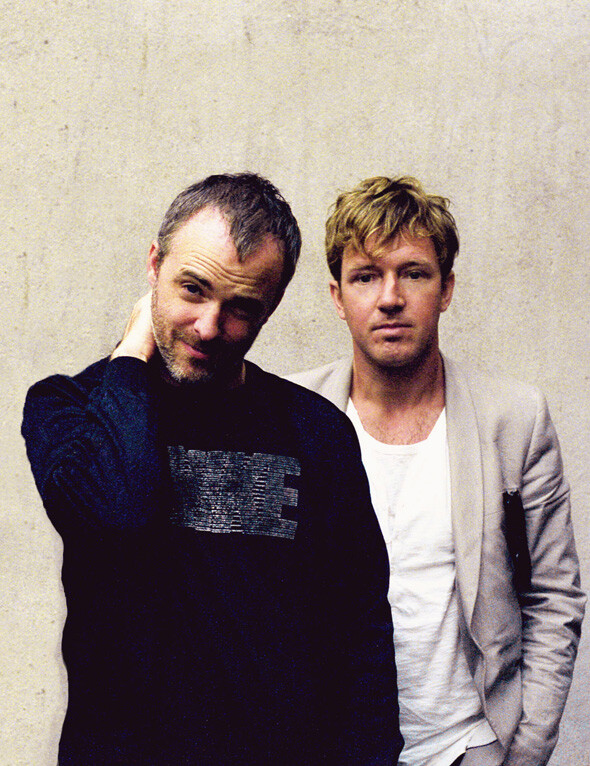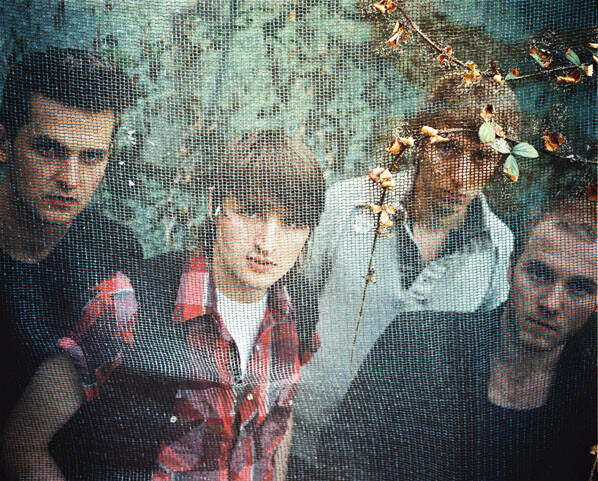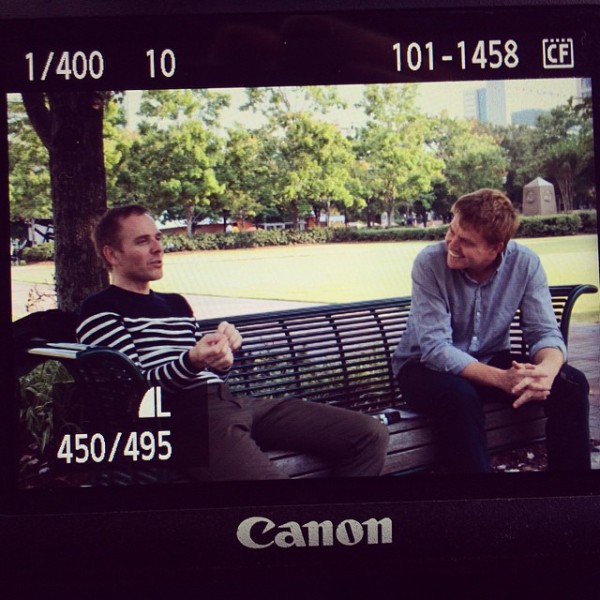
Episode originally published April 6, 2016 at
![]()
Show notes:
Sponsored by:
Shelly Colvin’s new LP, LONGSHOT:
Buy on itunes here http://hyperurl.co/
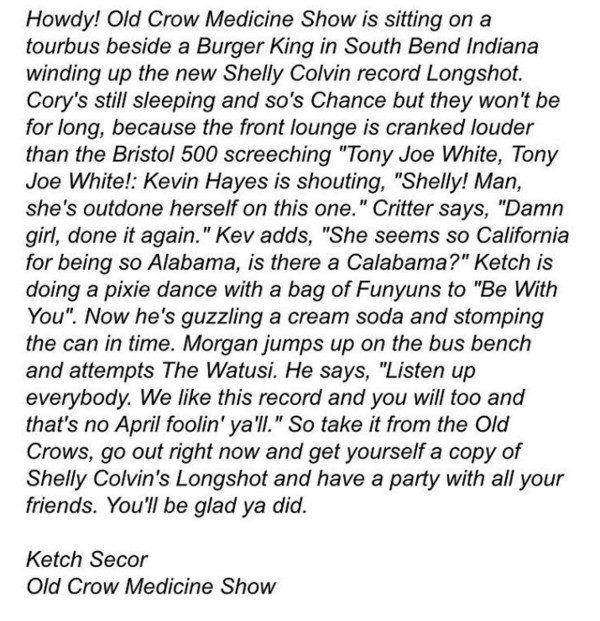
Drink this week: Whisky & Coke
Our friend and cocktail expert, Karin Stanley (Little Branch, NYC) on how to make a proper whisky and coke.
Stuart picked a really classic, simple to make drink this week! Pour two ounces of bourbon or rye over ice in a highball glass and top it off with coca cola. you can even throw in a slice of lemon if youre feeling fancy.
According to my research some of the first notes acknowledging the Whiskey and Coke come from a study done by the United States Bureau of Chemistry in 1907. The results? The cocktail made all the soldiers on a near by military base Quote “wild and crazy”.
I feel like the same goes for today, that I see whisky cokes as a popular thing at dive bars, sports events, tail gates, music venues, all places with a little more “wild and crazy” potential than a plain old cocktail bar or restaurant. Even so, there are some places trying to modernize the drink, making it with smoked soda or a coke syrup, so I think it’s got some staying power!
Mentioned in the show:
Poem: G.K. Chesterton The Strange Music
OTHER loves may sink and settle, other loves may loose and slack,
But I wander like a minstrel with a harp upon his back,
Though the harp be on my bosom, though I finger and I fret,
Still, my hope is all before me : for I cannot play it yet.
In your strings is hid a music that no hand hath e’er let fall,
In your soul is sealed a pleasure that you have not known at all;
Pleasure subtle as your spirit, strange and slender as your frame,
Fiercer than the pain that folds you, softer than your sorrow’s name.
Not as mine, my soul’s annointed, not as mine the rude and light
Easy mirth of many faces, swaggering pride of song and fight;
Something stranger, something sweeter, something waiting you afar,
Secret as your stricken senses, magic as your sorrows are.
But on this, God’s harp supernal, stretched but to be stricken once,
Hoary time is a beginner, Life a bungler, Death a dunce.
But I will not fear to match them—no, by God, I will not fear,
I will learn you, I will play you and the stars stand still to hear.
–
The above poem appeared in Chesterton’s Poems in 1915.
Song: Regina Spektor Fidelity
Show Transcription:
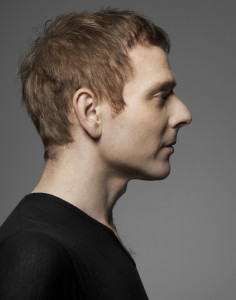
The first question we asked Stuart, as we always do is what’s your favorite drink?
That’s a really great question. Because I’m off the booze. (laughs) I’m a Scotsman and I cant drink booze. I’m really allergic to it. I get all kinds of skin things but… let me think. I really love a good aqua fresca.. you know? But.. wait. I can’t drink but this is for an interview so I can fantasize about it (laughs). Okay: Makers mark, on the Rocks. and a bottle of coke. And that’s how to start your Friday night off.
I should say at this time that all the songs here apart form our theme song are from the latest Belle and Sebastian record,“Girls in Peacetime want to danceâ€
This record is the first full length from Belle and Sebastian in 5 years. In the meantime Stuart wrote and directed a full length film called God Help the Girl. He also wrote all the music for the film.
What do you do when you have been writing songs for almost 20 years in a band and you stop to write and direct a movie fir 4 years ? What if you have a baby for the first time during that same 4 years, when you are not writing songs for the band you are in? When it’s time to make a record again, where do you start? Do you resume old habits, If you had any to begin with? Is there a familiar desk or chair or location that you can return to? Is everything starting from scratch?
Its a good question. Recently, in the past five years, I’ve hardly done any formalized writing. In fact, sometimes I don’t even think of myself as a songwriter. Especially because I’ve been working on a movie for the past three or four years pretty solid, you know?
   But, we did get-so we gave ourselves some tie a year ago. When finally the movie was edited, we’d played a bunch of shows, and we thought, ‘this is fun. We’re going to actually write an album here.†And I didn’t really have a whole lot of songs lined up. So … that was nice.Â
   But you never know what’s going to happen. Because its not turning on a tap. But what you do is you open your mind to the possibility of music. And so you give yourself, you get into a nice circumstance…Ive just had a baby. And he’s a year and a half old. And so, the deal was, when Denny came along I got this little apartment to write in. I’d say, “I like to go to the apartment.â€Â Thats like my office. And so I hadn’t been in this old apartment for like five years, since I got married we’ve been renting it. And it had quite a little magical effect. Because I remembered, “this used to be my writing room. You know, in my single days, in my bachelor days, I would write a lot more. And Id be writing blogs, writing the film, and writing songs all the time so. So it suddenly put me in a good space. I was like, “wow…I’m back in my writing flat here. this is useful.â€
  And so we did have a concerted effort—something we’ve never done before. We actually went into this process with some concepts.
Stuart: Oh yeah. Because usually, you know, when the band is moving quickly we’re doing tour-record-tour-record. And by the time you come to do a record, there have been songs accumulated. And they just come from every strand of your personal life. Or your writing about other people. Its a very natural thing. So, for the first time we arrived to write a record and there’s no songs. But I see this is an opportunity- to take a little step back. To try and be a little bit more grown up. To think, “ hey, lets actually introduce some concepts. Lets try and write song that maybe deals with a character who is dealing with politics or is in a political situation, or…â€Â You know I had a whole list. And of course now all of the ideas, its so long ago, that all of the original concepts seem far way. But it definitely set us off on a different direction and got the juices flowing.
I love the idea that a band as creative as this would get together, acknowledge that they didn’t have many song ideas sitting around and then try and create a bunch of concepts to write towards, just to get things moving. For selfish reasons this is fascinating because I always enjoy hearing how any artist or group deals with the figurative equivalent of staring at blank page. I wanted to ask though, if they were writing around concepts, what came first for him in writing, was it musical composition first or lyrics or what –
Stuart: Certainly the lyrics is always there. In order of importance, for me anyway, is lyrics are the most important thing. And then melody. And then everything else that comes after. I never , I rarely have to go to the piano or the guitar until latter stages. Because I feel that the substance of the song comes from what point you want to say. Its starts with a feeling. But then maybe thats because we are lucky. Because between us in the group we’re never short of a melody. And we don’t have to worry about arrangement really because as soon as you get into a room everybody’s throwing out arrangement ideas. There’s loads of arrangement ideas. That’s the easy part. Even chords. You don’t have to worry about chords. Everyone’s got a chord. Everyone’s got a different chord- there’s eight people in the room and they’ve all got different chords.
Skip: (laughs)
Stuart: And it’s like, “come on guys. I just want to keep it simple.†But so the idea of the song, the feeling in the song is the important thing.
Skip: Was it important when you started with the concepts this time to come back around to it? Or was that strictly just used as a starting place?
Stuart: It turned out it was a springboard. Because I’ve not a chance to stop and think and look back and think , “what were those crazy concepts?†Because we wrote them all done. But they were certainly just springboards. I’m trying to think of one that actually came through unharmed. One that actually made it all the way through.
 We were kind of joking around—we did a couple of interviews a year ago and we told Rolling Stone when they asked, “what ideas did you have?†and we were being a bit facetious, because we were talking about the Euro Vision song contest? But you know the funny thing is is that those are two of the songs that have actually come right all the way through onto the LP which to my ears have a retro-Eurovision vibe.
Skip: (laughs) Right. Like an Abba time of Eurovision?
Stuart: Sort of. Not so much Abba but certainly but maybe some of the lesser performers? Because in my ears Abba are supreme. But there’s a hint of something Czechoslovakian here or something Bulgarian here and maybe from the 70s and the 80s and guys that made it to the shows and then went back to being accountants after that.
Skip: (laughing) I love it that that was one of the concepts.
Stuart: Now that said it wasn’t so much a concept in what we wanted to talk about. I didn’t feel like I wanted to talk about a united Europe or greater themes but actually musically…
There are many different ways for writing but two sides of a swinging pendulum for me are Flannery O’Connor and JK Rowling. Flannery was a fiction writer from Georgia in the middle of the last century. Her fiction and short stories in many ways were second to none. She was known for saying, “When Im writing, I never know what I’ve written until I’ve read it back.†So for her, she had no plan or guide to writing, but saw what was being developed only as she created it.
On the total opposite side is the wonderful J.K. Rowling, who apparently came up with the concept for all 7 Harry Potter books on a train journey one day and wrote them all down on cocktails napkins. After that, writing wise, she was basically following a map she had created herself. I wanted to ask Stuart when he is writing where he typically finds himself between these two opposite examples.
Stuart: You know I cant help but think about the film process Ive been through. Because when I sat down to write the film it was like, “okay, so I don’t know what I’m writing. So, just write.†And so much more in that camp. Yeah. But with music I would say that I was mostly in that camp. With the concepts were trying to be a bit more in the other camp. We were trying to be a bit more like J.K. Rowling. We were trying to actually map something out. We were like, “ okay, must write a song that’s going to start with a finished instrumental and then becomes lyrical.â€Â Or , “we must write a song with Stevie..†You know?
Skip: Right.
Stuart: But usually I’m always from the other camp.
Skip: What kind of poetry do you really go to.
Stuart: You know I was treating a bit of poetry last year saying that it was a lot of effort for a little reward. It seems cruel to sort of just make that generalized statement. I don’t really write much poetry or anything like that. But the thing is, when poetry is great its terrific. I just need a little sweetener and the sweetener is the song. You know? I like the melody and suddenly it elevates the simplest of words into something poetical. And then vice versa. Sometimes its very difficult to take a successful poem and then make that into a song because it’s complete, you know?
Stuart: you know, the art of writing good song lyrics is very different. But I do like Philip Larkin. He’s terrific. And I love Leonard Cohen as a poet. Before he really started as a singer songwriter. I have to be honest here. I’m a little bit like somebody who goes into a gallery and looks around at the paintings and says, “ I don’t understand art.â€Â But then you see something and your like, “ I love that.†I know what I love when I hear it. And i love listening to Leonard Cohen reading his poems. I love listening to Philip Larkin, the record of his.. you know the audio.
There’s a great tradition of making art about music or the power of music. John Keats’s ode to a nightingale is about someone who is swept up by a bird’s song, and is trying to make sense out of what impact it has on his life. Manic Depression by Jimi Hendrix is another example about someone who is trying to make sense of their love of music, though unlike Keats, he is using a pop song to talk about being in love with pop songs. In a song like Act of the Apostle which is the first track from their record “the Life Pursuit†Stuart sing a song about a girl in the middle of her school day wishing to become caught up in the melody of a song, and to be able to stay there. These are different types of love songs. Love songs about music. I wondered if he was aware of this idea consciously while writing it or if that was just what came out when he sat down to put lyrics to the song.
Stuart: I also love songs that are about songs. I love songs that are about music. There are a few people that really encapsulate that… and it touches me closely because, of course, thats what I do. And Regina Spector has written a couple of songs that talk about creativity. They actually talk about music. And she does it great. The first time I heard a song called Fidelity by her, about how like she’s never lost her heart completely to any person. But when she gets inside a song, thats when she gives herself completely. I can..thats just.. I just relate to that so much. And theres another song she sings “On the Radio†which is just about the love of music as well. And then Joni Mitchell sings, she has a song called Free Man in Paris where she talks about her life and wanting to kind of escape the music business and follow the music and just be free. You can feel the spirit of these people. You can feel that this is what they are truly born to do. This is what they do best. Um, they are actually writing about their art, in their art and its quite intoxicating for me. You know, Im always on the lookout for songs about songs or songs about that sort of creativity because I relate to it so closely.
  When you mentioned, theres another poem actually that somebody sent me. It was a fan randomly sent me an email and said you should check out this poem. I think its by G.K. Chesterton. Its called, The Strange Music. And so I go, “okay†and so I write it down. It had that kind of rhythm to it. This thing called The Strange Music. I read it and immediately a song, a tune came to me. I grabbed my tae recorder and I wrote down like five verses, just singing this song. And I just recorded it and I sent the women, I sent her this mp3 . And I was like, “look, thanks for sending me this poem.†Because I sang the whole thing down. And it was on the long list for songs to do with the group on this album. We didn’t get into it. But one day we’ll throw it out there. And it’s a song about music, you know? A little bit like the Nightingale poem, Like Ode to a Nightingale. It was, well, Strange Music says it all. C.S. Lewis says that music is the most uniquely abstract of the art forms. And I mean, it is. By definition, you cant touch it. You just hear it. And where does it come from? But then again, abstract for him, meant spiritual.
Skip: Dolly Parton who is obviously a magical creature in many ways has always described her songwriting time as “her private time with God.†which sounds like something engaging, meditiative, or restorative. Probably the 100% opposite of my cartooned idea of a songwriter, bug-eyed in the middle of the night, finishing his 10th cup of coffee in with a cigarette behind one ear and one in his mouth, trying to string some syllables together. So I wanted to ask Stuart was writing time a restorative thing for him personally? Does he get a kick out of it? Does he find it pleasant in some way? Is it like a private time with God? Or is it just a kind of slog that has to get done which does include some occasional good moments?
Stuart: No. I think the initial period..its not so much. I mean I try to make sure that I get plenty of time with God. You know, I mean I go on my long walks and thats not necessarily writing time. But I do feel that when a song comes along I feel thats when I know how I’m standing with God. (laughs) Because when I get a good one, I’m just kind of quietly thankful because, you know, I like this. So if I get a good one I assume that he’s maybe just throwing one my way.
While writing the music and songs for the movie God help the Girl, Stuart had said previously that he had the full composition of each song in his head, where each violin would play and how the dynamics worked for every song. One basic question I had about the difference between this kind of fully autonomous composer role and then working together as a band with several members, is how ‘finished’ or how ‘unfinished’ are song ideas that he brings to the band to work on? What is that collaboration like?
Stuart: Yeah. Thats the great thing. Is working together. The Ying and Yang. I think thats the reason I went over to do the musical for the movie because I was interested in the power of the orchestra and the band at that point certainly weren’t. So it was an outlet for me. But coming back to the band and not knowing where the energy is going to come from or where the idea is gonna go is a great thing. And I will always collaborate. Especially after making this film and spending so long on my own writing. Collaboration is the thing. Its free and its easy.Â
Stuart: Sure.. you take the whole sliding scale. But even when you have an idea, as soon as you walk into a room of people, people that you know, people that understand whats going on— the idea changes. Without saying anything. The perspective of having to present the idea to this room full of people.. the idea already.. it starts growing. It grows towards the people.It becomes a different thing. It just grows outwards. Which is fun.
As we said previously there was a time in the late 80’s and early 90’s when Stuart was ill for seven years, and was isolated to his room. It was during this time that he first began writing songs. Once he had recovered from this time and formed the band with their first record, the writing voice on the songs, just out of that gate sounded very well defined. Not like someone who was looking for their voice as a writer but someone who had located their voice so to speak and was running with it. I wanted to know if this was actually the case, and if so, in his mind had his voice as a writer, changed over the years or from album to album.
Stuart: By the time the group came together, it was obviously very fateful I had my writing voice. And I had the same writing voice for quite some time. I’m trying to think when it changed…It actually, I mean, it wasn’t really until the last record, or the last couple of years. I remember at one point, saying to the group, “I don’t write songs the way I used to. Things are gonna be different from now on. I don’t know if you can rely on me just to keep churning out songs about my past.†But that was only a few years ago that I told them that.
Timshel: How did that change?
Stuart: I don’t know what happened. I got married.
Timshel: Did you start writing different kinds of songs?
Stuart: No, you just, you come at life from a completely different perspective. And there’s a whole bunch of people trying to tell you that that doesn’t make any difference. Including my wife.
Timshel: (laughs)
Stuart: Because, of course, she was a fan of the group. And didn’t want to change anything. And she didn’t want..But you have to accept that. Your life has changed. The way you do art and music, the way you look at the world is completely different. Your in a different stage of your life. And you have to accept that. You have to grow up. And I was always telling the head of our record label at the time, I was like, “Pop Music’s a young man’s game. Im gonna make this film now.†I needed to go off and do this. Because he was always keen for me, he was always talking about Paul Simon. He would say, “ I wish you would do this.. I wish you write songs. I wish you would mature. I wish you wouldn’t go off…†And I’d say, “ Well…I’m doing what I’m doing. I’m making a film. And that’s what I’m doing to change my way of grabbing my way of wanting to grab the world and show it to people. It’s a wider palette. I’ve got to do this film. I’m not like Paul Simon , or any of those guys. I can’t just contain it all within and save it up for songs.â€Â And so I think he was a little bit disappointed. But, you know. What can you do?
Timshel: Now going into this new record do you find that that step has changed you distinctly? I mean you have now crossed over that threshold, as you said. And you can’t go backwards.. as a writer. So, what’s different about writing?
So if at some point recently he had crossed a threshold with his writing from which he couldn’t go back. How did that work on this new record. What was it like working with the group?
Stuart: You can’t go back. And this thing that we had with trying different ideas was really fruitful. You just get excited again. You feel that there’s a world of possibilities out there. You just wait to see what excites you. You wait to see what you want to talk about. Songs are such a funny thing. People wonder why there’s so many love songs. Or so many songs about love. But it’s no fluke. If you sit down and think, ‘alright, I want to write political songs…†Personally, I would be, I don’t know…I find it’s a little boring. I can talk politics. I’ll sit and talk politics with you all day and that’s interesting. But trying to actually put it into a song, unless you’re a genius at it, to me it’s boring.
Skip: Yeah.
Stuart: I want to know what the personal angle is. I want to know about the psychology. It’s the psychology of me, or the psychology of you , or the psychology of somebody sitting on a bench over there.I want to get inside their head. I want to know how politics affects them. Rather than just talking about politicians, you know? And so there’s some of that in the record.
So many of Stuart’s songs include a particular personality or character in a particular situations. It’s different from, occasional trends in songwriting where writers seem to be talking straight out of their personal journals.â€I woke up, I had a yogurt, I called my girl.’ Being able to follow a fictional character through a song gives the imagination a little bit more room to breathe.
When he first started writing, and he was making the transition from just listening to songs to actually writing them, who are the lyricists that he thought were really getting it right. I wanted to know if from early on, he had always started writing around characters, and what was the anatomy for trying to come up with any of it?
Stuart: Yeah. I mean it’s a portal. You know, its a thing. And you can feel it when it’s flowing. And it doesn’t happen very often. And the portals not open for very long. Which is handy because songs can be written very quickly. I couldn’t write a novel like that. Or even a film script. But you can see that window opening. So it is unique thing. And to me, Morrissey is the best. And I think, coming from Britain, in the 80’s, in my situation..I can;t see past Morrissey. Morris to me, when he was in the Smiths…The Smiths to me, they were greater than The Beatles, the were greater than The Stones, they were greater than Dylan…it’s perfection. You know, it’s the highest form of Pop writing. And he was writing mostly about himself, you know. But it doesn’t matter because he was writing about him but we all saw ourselves through him.


